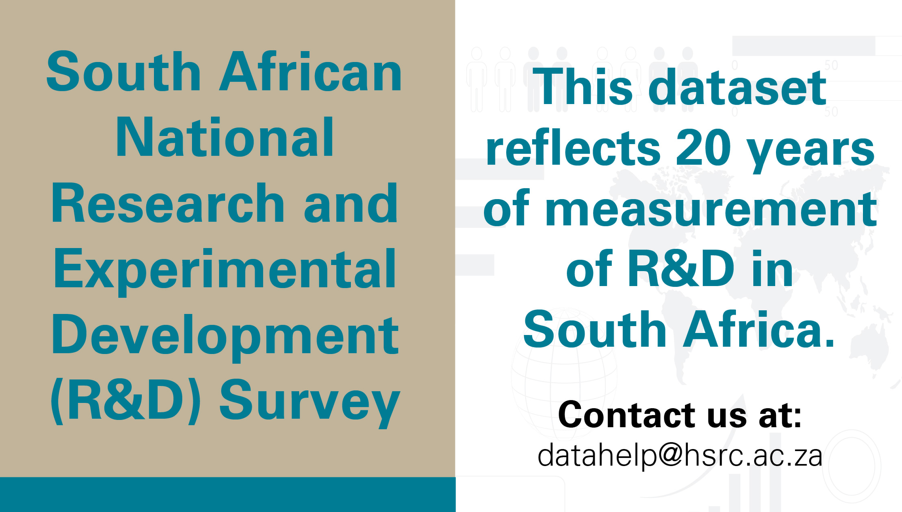The Department of Science and Innovation (DSI) today released the results of the South African Business Innovation Survey, 2014-2016.
Produced by the HSRC’s Centre for Science, Technology and Innovation Indicators (CeSTII) for the DSI, the Survey delivers national data on the formal business sector’s innovation performance in the three-year reference period.
“In our current COVID-19 context, these results help us to reflect on the distinctive nature of innovation in South Africa, and point toward spaces for policy intervention so that we can encourage more firms in all economic sectors to innovate,” says Executive Head of CeSTII, Dr Glenda Kruss.
“To respond to the current economic, ecological and health challenges, we need to understand what kinds of innovation firms are able to implement, and whether the kinds of benefits that result from these forms of innovation can contribute to firms’ business strategies and to inclusive and sustainable growth.”
Alongside the annual R&D Survey, the HSRC has performed national innovation surveys since CeSTII was established in the early 2000s.
“South African innovation surveys follow the widely adopted OECD Oslo Manual methodology to enable international comparisons, and are conducted using a random sample of businesses stratified by size-class and across across the industrial and services sectors,” according to Dr Moses Sithole, CeSTII Research Director and the Survey’s technical lead.
“Data is then weighted to reflect innovation performance across national population of businesses in those sectors, allowing for a unique snapshot of innovation performance in the formal economy.”
Adds Kruss: “The survey provides critical data on the kinds of barriers that prevent more firms from innovating, whether relating to cost, market, knowledge or institutional factors.”
“We tend to promote ‘islands of excellence’, the small number of firms that innovate at the technology frontier in ways that are new to the world. Most firms however, utilize incremental innovations that marginally modify their existing products and processes, or that are new to the firm and local market. So, it is essential to design policy support mechanisms that can mitigate the constraints on these incremental forms of innovation more widely across the business sector.”
The report and accompanying data set is available via the CeSTII ‘Latest results’ page.


